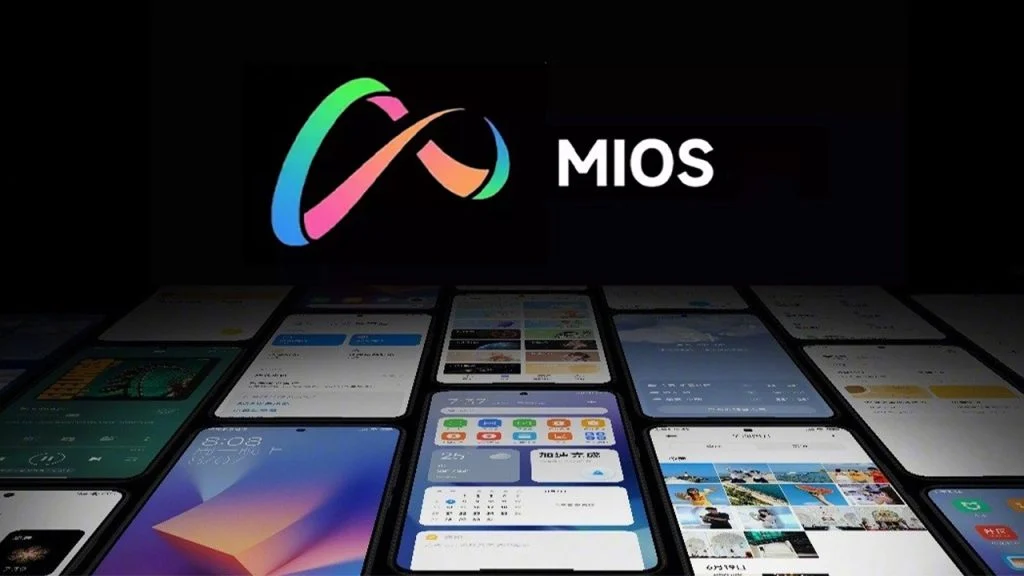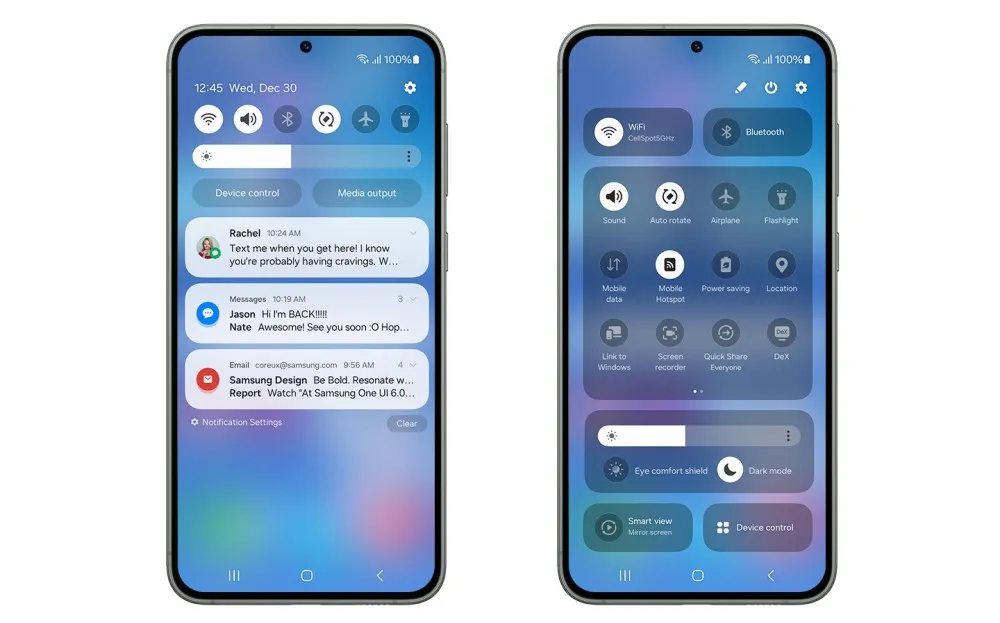Google has unveiled a new AI framework known as "Social Learning," designed to enhance the collaborative abilities of language models while maintaining user privacy. This innovative framework enables AI models to learn from one another through natural language interactions, allowing for the exchange of knowledge and improvement in performance on diverse tasks.
Facilitating Knowledge Transfer
The Social Learning framework involves a "student model" that learns from various "teacher models." These teacher models educate the student model, which then applies this acquired knowledge during the inference process. This unique approach enables teacher models to transfer knowledge to student models without directly sharing sensitive or private data, thereby safeguarding user privacy while promoting effective learning.
Diverse Learning Opportunities
Within this framework, student models are exposed to multiple teacher models, each specializing in distinct tasks such as spam detection, problem-solving, or text-based question answering. Leveraging human-labeled examples, teacher models can educate students without the necessity of exchanging original data, thus mitigating privacy concerns related to data sharing. Moreover, teacher models can create new examples and provide task instructions, further enhancing the learning experience.
Demonstrated Efficacy and Privacy Safeguards
Experiments have showcased the effectiveness of social learning in enhancing the performance of student models across a spectrum of tasks. Synthetic examples generated by teacher models have demonstrated comparable efficacy to original data while substantially reducing privacy risks. Additionally, instructions produced by teacher models have proven beneficial in boosting student performance, highlighting the adaptability of language models in adhering to instructions.
To uphold privacy standards, researchers have employed metrics like Secret Sharer to quantify data leakage during the learning process. Results have revealed minimal leakage of private data, affirming the framework's capacity to educate without disclosing specifics from the original dataset.
By emulating human social learning mechanisms, these models can efficiently exchange knowledge and enhance their performance while respecting user privacy. This innovative approach shows great potential for developing privacy-conscious AI systems across various domains. Moving ahead, researchers aim to further refine the Social Learning framework and explore its applications in diverse tasks and datasets.


